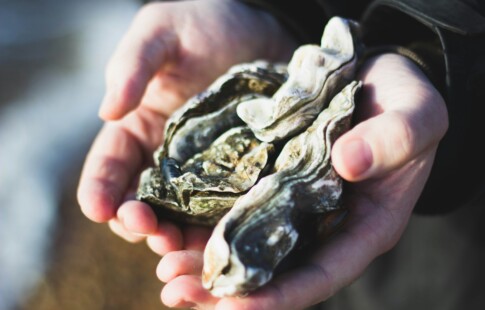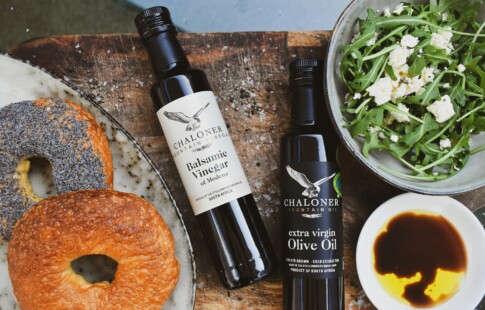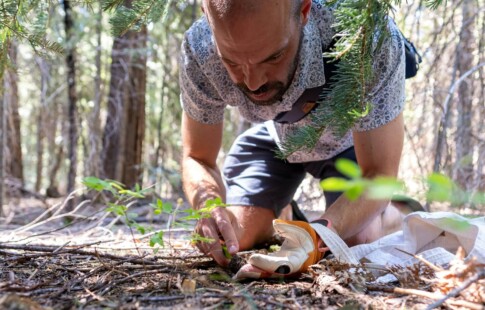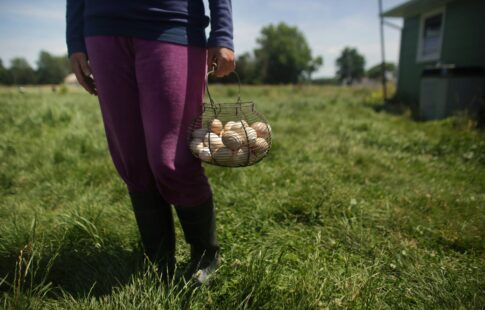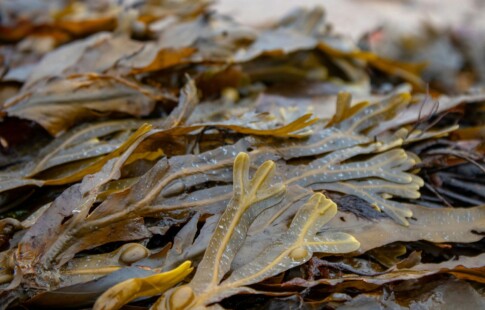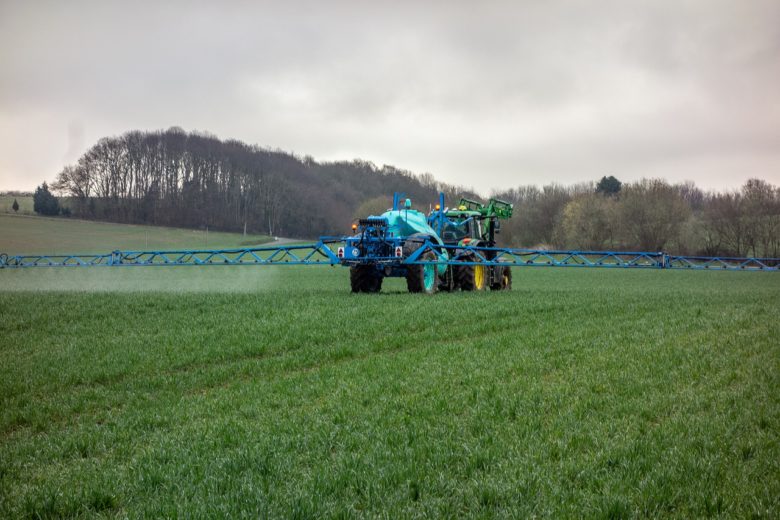
10 Myths of Organic vs. Inorganic Pesticides
We are reader-supported. When you buy through links on our site, we may earn affiliate commission.
In 2016, U.S. farms applied 1.2 billion pounds of pesticides to crops. These compounds control nuisances like weeds, insects and fungi, all of which can harm plants. Historically, people have fought organic vs. inorganic pesticides and used pesticides for thousands of years to protect their produce.
Organic vs. Inorganic Pesticides
any still don’t understand them or the difference between organic and inorganic pesticides. Below, we’ll begin to discuss organic vs. inorganic pesticide myths and uncover 10 myths surrounding their use in U.S. agriculture.
1. Pesticides Are the Worst Option
All systems of raising food cause some disruption to the natural environment. From clearing land to planting crops to tilling the earth for crop rotation, agriculture itself can destroy ecosystems and incite soil erosion. Thus, sometimes, the best option is using pesticides. In these cases, farmers will take extra precautions to prevent runoff or harm to the environment, like adding filler strips or mulching. Moreover, some pesticides target specific pests without harming other animals or ecosystems.
2. Pesticides Don’t Break Down
Some people believe that once a farmer sprays pesticides on soil or plants, the chemicals remain in the environment forever. However, pesticides do break down over time. Depending on the compound, they will usually break down into non-toxic components in a few hours to a few years. Of course, they may remain in groundwater for a much longer time. However, these, too, will degrade and no longer affect the environment.
3. All Inorganic Pesticides Are Toxic
If you’re referring to pesticides as toxic to pests, this statement is, indeed, true. However, not all inorganic pesticides are toxic to the environment or humans. In the past 60 years, new synthetic, inorganic pesticides have become more pest specific and less toxic. Older inorganics included metals like arsenic and lead. Now, many contain oils, insecticidal soaps and other compounds that don’t pose a risk to human health.
4. Pesticides Are Unregulated
Contrary to popular belief, the U.S. highly regulates both organic and inorganic pesticides before approving them. In fact, most undergo years of testing before farmers can use them commercially. Even after the government approves them for release, it still reviews them periodically to ensure they are still safe.
5. Organic Is Pesticide-Free
If produce boasts an organic label, it doesn’t necessarily mean it’s pesticide-free. On the contrary, many organic farmers use pesticides on their crops. The thing that sets them apart is the ones they use are naturally-occuring. For example, some farmers use spinosad – a natural pesticide that comes from a soil bacterium. Spinosad is toxic to insects and mollusks, but is low in toxicity to people and other mammals, especially considering the incredibly small amount found in produce.
6. Organic Pesticides Are Non-Toxic
Not all pesticides approved for organic farming are non-toxic. Just because a substance occurs naturally doesn’t mean it’s safe. For example, copper is a natural substance that isn’t very toxic to humans. However, it can accumulate in the soil and have toxic effects on plants and worms at high concentrations. Many homesteaders may also use RoundUp weed killer, which contains glyphosate, to grow their food. At high levels, this may be toxic to the environment and people.
7. Natural Pesticides Are Fair Game
Just because something occurs naturally doesn’t mean farmers have the freedom to use it on their crops. Lead and nicotine are naturally occuring, but aren’t safe for the environment or people. Thus, the EPA and USDA don’t allow farmers to use them. Likewise, not all synthetic compounds are fair game, although these often contain harsher human-made chemicals, thus rendering them unsafe.
8. Organic Foods Have Just As Many Pesticides
A few years ago, one scientist claimed there was evidence of organic produce containing almost the same amount of pesticides as inorganic produce. To this day, some people still take his word as truth. However, soon after he released his analyses, the USDA reported inorganics to have four times more pesticides than organics. Thus, organic foods do, indeed, have less residue.
9. Organic Is Safer to Eat
Does that mean organic foods are safer to eat? In short, no. Some pesticides can be toxic to people — even natural ones if applied in high doses. However, levels in food are very low, and the USDA and EPA assure the public these low levels won’t affect humans. Of course, some people may not trust these agencies. Still, according to them, neither organic or inorganic food is safer to eat than the other.
10. Avoiding Fresh Produce Is Best
With all this talk of pesticides, it may be tempting to eliminate fresh produce from your diet altogether. However, doing so would be even more detrimental to your health. Without these vital nutrients, your body would suffer more than if you were to eat produce with low or moderate levels of organic and inorganic pesticides. Thus, it’s best to continue eating fresh produce as much as you can and staying up to date on the most current pesticides in use.
Organic vs. Inorganic Pesticides: Do The Benefits Outweigh the Risk?
Pesticides are only one class of chemicals that can cause harm when people misuse them. If farmers apply pesticides — organic or inorganic — too frequently or in too high a dose, their actions may have toxic consequences for humans and the environment. However, when farmers use them responsibly, as per regulation, the only organisms being affected are the pests. Humans then have a safe and reliable food supply.
Share on
Like what you read? Join other Environment.co readers!
Get the latest updates on our planet by subscribing to the Environment.co newsletter!
About the author

Jane Marsh
Starting from an early age, Jane Marsh loved all animals and became a budding environmentalist. Now, Jane works as the Editor-in-Chief of Environment.co where she covers topics related to climate policy, renewable energy, the food industry, and more.

